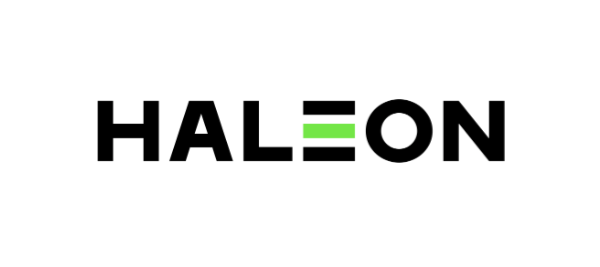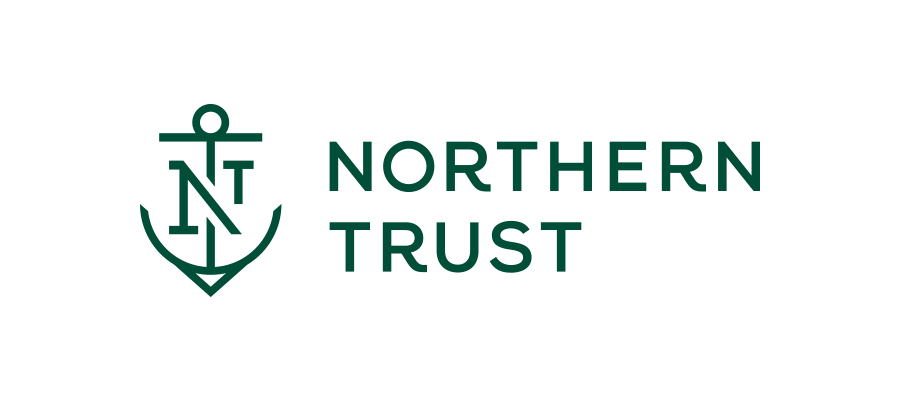Daniel Fryer is a mental health and wellbeing expert and the author of The Four Thoughts That F*ck You Up (and how to fix them) out now from Penguin Random House imprint, Vermillion.
Consider the leaders

Asking for help when you are struggling is not a sign of weakness, but a sign of strength.
Consider the leaders
As we emerge out of lockdown, the mental health of your workforce is paramount, but who’s looking out for the wellbeing of the people at the top?
Due to the pandemic, we are all at the end of our tethers. People are fed up with dealing with a year-long crisis, and with the constant change and uncertainty that comes with it. They are at tipping point; fatigued, burning out and needing help and support as they return to work or continue working under extraordinary conditions. Leaders and managers are quite rightly talking about wellbeing at work. Savvy organisations are actively planning for it. But does your strategy consider you? What are you doing to safeguard the mental health and wellbeing of your managing directors, CEOS and COOS? This is important.
A recent Bupa report found that 78 per cent of business leaders had experienced poor mental health during the pandemic. The research, which was conducted by Bupa Global as part of its Executive Wellbeing Index, also found that:
- Six out of 10 executives (64%) had turned to potentially unhealthy coping strategies to help with their mental health (or lack thereof)
- 38% of business leaders had turned to alcohol and recreational or over-the-counter drugs to cope
- Others admitted to using cigarettes, vaping, excessive exercise, under or over-eating and gambling
And despite the widespread understanding of the effects the pandemic has had on our mental health, business leaders are rather reticent when it comes to seeking help.
Part of the problem is the perceived stigma that comes with reporting a mental health issue. Common fears include damage to reputation (if it became known they were struggling) and the impact on their personal and professional reputations (if they asked for help).
However, asking for help when you are struggling is not a sign of weakness, but a sign of strength. It takes courage to admit that you have a problem, and wisdom to reach out and do something about it.
Historically, the pressures of leading a company are well known. It’s not for nothing that we have expressions such as, “it’s tough at the top” and “it’s lonely at the top” as well as “the buck stops here;” delightful idioms that point to a particular form of work-related pressure known as executive stress. And this type of stress is as true for the executive branch of any organisation.
Executive stress isn’t a special ‘my stress is more prestigious than your stress’ kind of deal, more a simple acknowledgement that, as you climb the organisational hierarchy, the challenges that you face become different and specific to your role. Being the decision maker, the one responsible for the health, prosperity and resilience of, not just the company, but everyone within it, brings its own rewards for sure. But it also brings its own challenges and strains. Big decisions can carry big consequences, which can be unnerving in and of itself.
A common executive stress theme used to be one of ‘imposter syndrome,’ which is that ‘I don’t know how I got here, I don’t know what I am doing; and I am going to be found out’ feeling that has caused many a CEO and company director a sleepless night or two. I used to work with management level clients presenting with this form of anxiety quite a lot. But imposter syndrome is so last year.
Now, it’s burnout and fatigue.
The signs of fatigue go beyond merely feeling tired, although the term does describe an overall feeling of tiredness or lack of energy. Think of it as a chronic tiredness that not only saps your motivation, but can also lead to poor decision making, confusion and physical clumsiness. Fatigued people can often appear intoxicated.
Burnout, meanwhile, was only recognised as a syndrome in 2019. It’s not a medical condition per se, but more an occupational phenomenon that’s caused by chronic workplace stress that has not been successfully managed. It is typically characterised by feelings of energy depletion and exhaustion, increased mental distance from you job or negative and cynical feelings about your job and reduced professional efficacy.
So, how chronic is your current level of workplace executive stress and, more importantly, what are you doing about it?
When it comes to wellbeing, you can plan the plan and talk the talk, but you also need to walk the proverbial walk. Because, as with all things work-related, initiatives such as these need to start at the top. Tough as it may be, if you’re not safeguarding your own wellbeing, how do you expect those beneath you to safeguard theirs? If you’re not coping very well, how do you think you are going to deal with those in your charge when you find them struggling to cope? In short, whilst everyone else is leaning on you, who are you turning to for support?
If you are feeling chronically exhausted, with no enthusiasm for your role, and have noticed that you are not being as effective as you usually are; if you are having problems with your decision-making processes and, as is the case with the clumsy, literally as well as metaphorically dropping the ball, then odds are you are as fatigued and burnt out as the people under you.
This won’t be good for your staff; it won’t be good for your customers and it really won’t be good for the management of your brand going forwards.
So when it comes to workplace wellbeing, who is going to lead by example?
The decision is yours.







